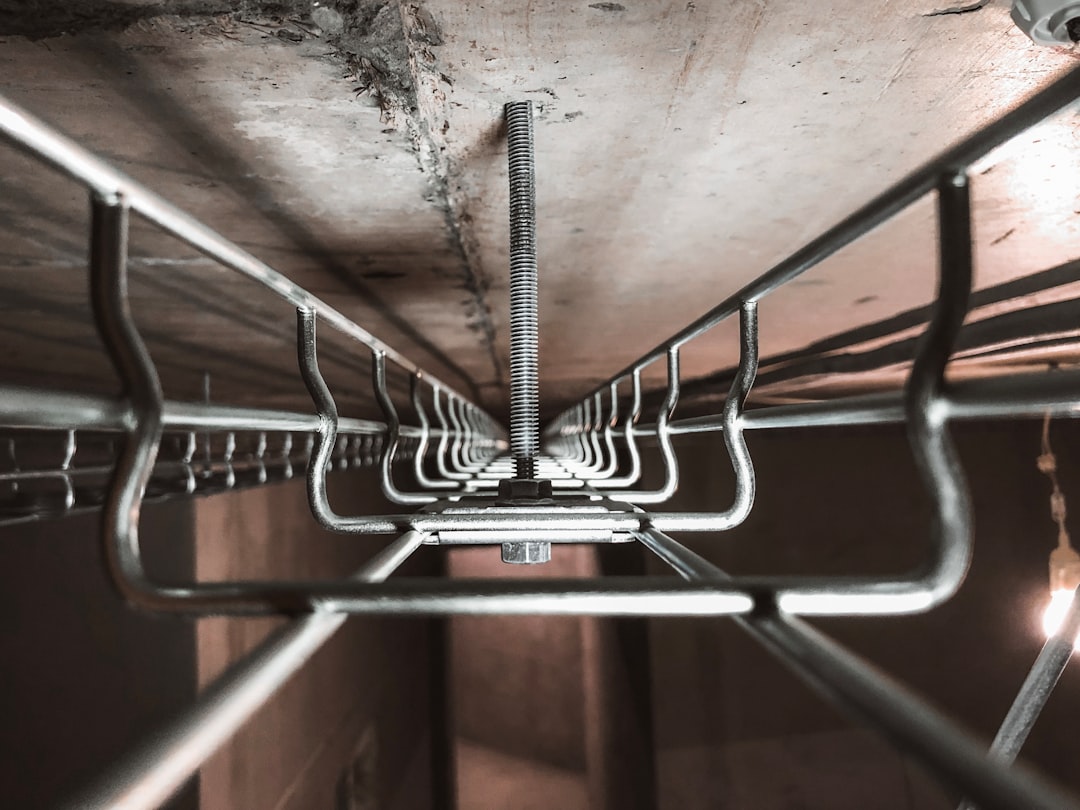
For construction professionals, accurately estimating the labor cost to install a dishwasher is crucial. Current rates range from $200–$1,300 depending on the complexity of the installation. This guide delves into the key factors affecting these costs, providing insights to help you optimize your estimates and avoid overestimating.
• First-time installations may require cabinet modifications, electrical upgrades, or new plumbing lines, each adding to labor hours.
• Replacing an old unit in a pre-plumbed and wired kitchen can reduce labor time by 30-50%.
• Licensed plumber for water supply and drain connections.
• Licensed electrician for circuit additions or relocations.
• Finish carpenter for cabinetry modifications.
Labor costs in metro areas with union contracts can be 40% higher than in rural areas. Our estimates reflect real-time wage data.
Efficient scheduling can prevent idle time charges. Our algorithms help streamline timelines to avoid conflicts.
Based on recent data:
Note: Excludes appliance cost and permit fees.
1. Voice capture: Record site details using our app.
2. AI takeoff: Convert notes into a detailed model.
3. Labor matching: Assign correct hourly rates using local data.
4. Scope validation: Ensure compliance with code requirements.
5. Instant estimate: Receive a detailed PDF for client approval.
Our voice interface captures on-site details, ensuring budget accuracy within 2% of final invoicing.
• Sub-floor damage
• Outdated shut-off valves
• GFCI requirements
• Height adjustments for new appliances
• Order appliances early to avoid delays.
• Verify amperage ratings to prevent changes.
• Pre-assemble components to save time.
• Schedule trades efficiently to reduce costs.
• Bundle services for discounts.
A Birmingham project saved $185–$350 by using our efficient estimating process, reducing labor hours and costs.

Our AI-driven platform allows construction professionals to bundle tasks, reducing overall labor costs. By automating takeoffs for various trades, you can streamline projects and achieve significant savings.
• Combine faucet swaps with dishwasher installs to save on plumber time.
• Run undercabinet lighting during electrical hookups to avoid extra visits.
• Add toe-kick heaters while adjusting cabinetry to minimize mobilizations.
In Atlanta, a contractor saved $250–$500 by bundling tasks, optimizing labor hours, and maintaining profit margins.
1. Narrate all tasks during site visits.
2. Review suggested bundles for labor overlap.
3. Present optimized quotes to clients, highlighting savings.
Explore our features at CountBricks.com to keep projects on budget and ahead of schedule.